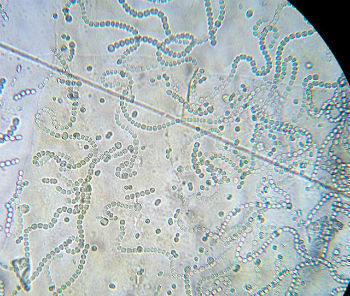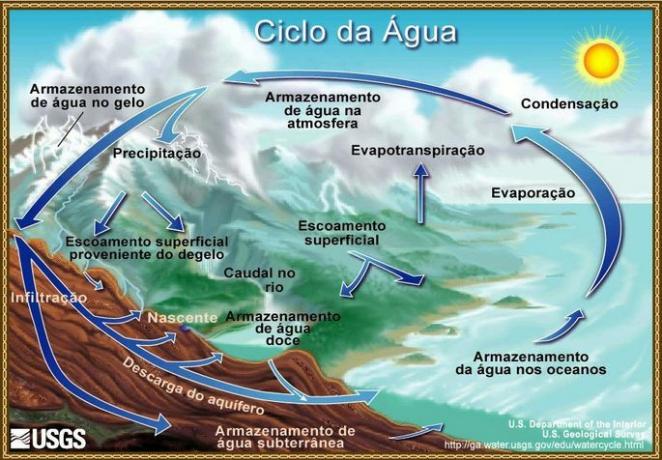Antigen is any substance that is foreign to the body that triggers the production of antibodies.
It is usually a protein or a polysaccharide. They can be found in the sheaths of viruses, bacteria, fungi, protozoa and parasitic worms.
Antigen and Antibody
The functioning of the immune system is based on antigen and antibody relationships.
The immune system responds to the antigen by producing a substance called an antibody, which is specific for that antigen. The antibody has the function of eliminating the antigens.
The reaction between the antigen and the antibody follows the key-lock model, due to its specificity. Each antibody produced is able to recognize and specifically bind to the antigens that stimulate its formation.
Throughout life, different antibodies are produced in response to the antigens they come into contact with.
To learn more, read: Antibodies
Types of Antigens
- T-independent antigens: are antigens that can directly stimulate B lymphocytes to produce antibodies, without the need for helper T lymphocytes.
Example: Polysaccharides are T-independent antigens.
- T-dependent antigens: are those that do not directly stimulate antibody production without the help of T lymphocytes.
Example: Proteins are T-dependent antigens.
How to differentiate immunogen, antigen and hapten?
For this, you must know the following definitions:
- Immunogen (complete antigen): it is a substance capable of eliciting a specific immune response, as well as immunological memory;
- Antigen: is a substance that reacts with the products of a specific immune response;
Remember, every immunogen is an antigen, but not every antigen is an immunogen. For this, the antigen needs to be associated with an immunogen to trigger an immune response.
- hapten: it is a non-immunogenic substance, that is, it does not trigger an immune response, but it can react with products of a specific immune response. They are small molecules and incapable of eliciting an immune response on their own, requiring proteins. They must chemically bind to protein carriers to elicit an antibody response.
Want to know more? Read too: Immune system and ABO System and R Factor



